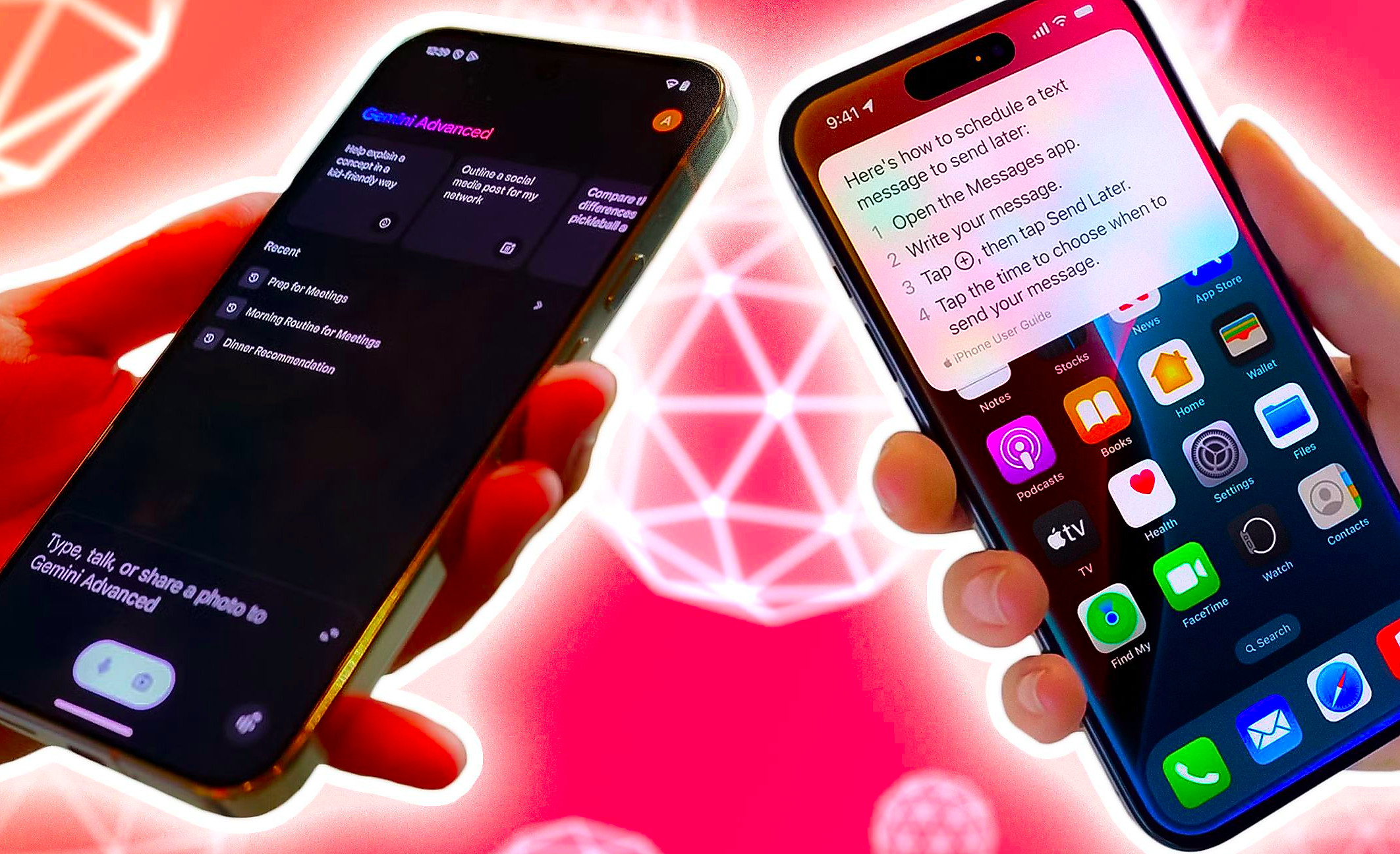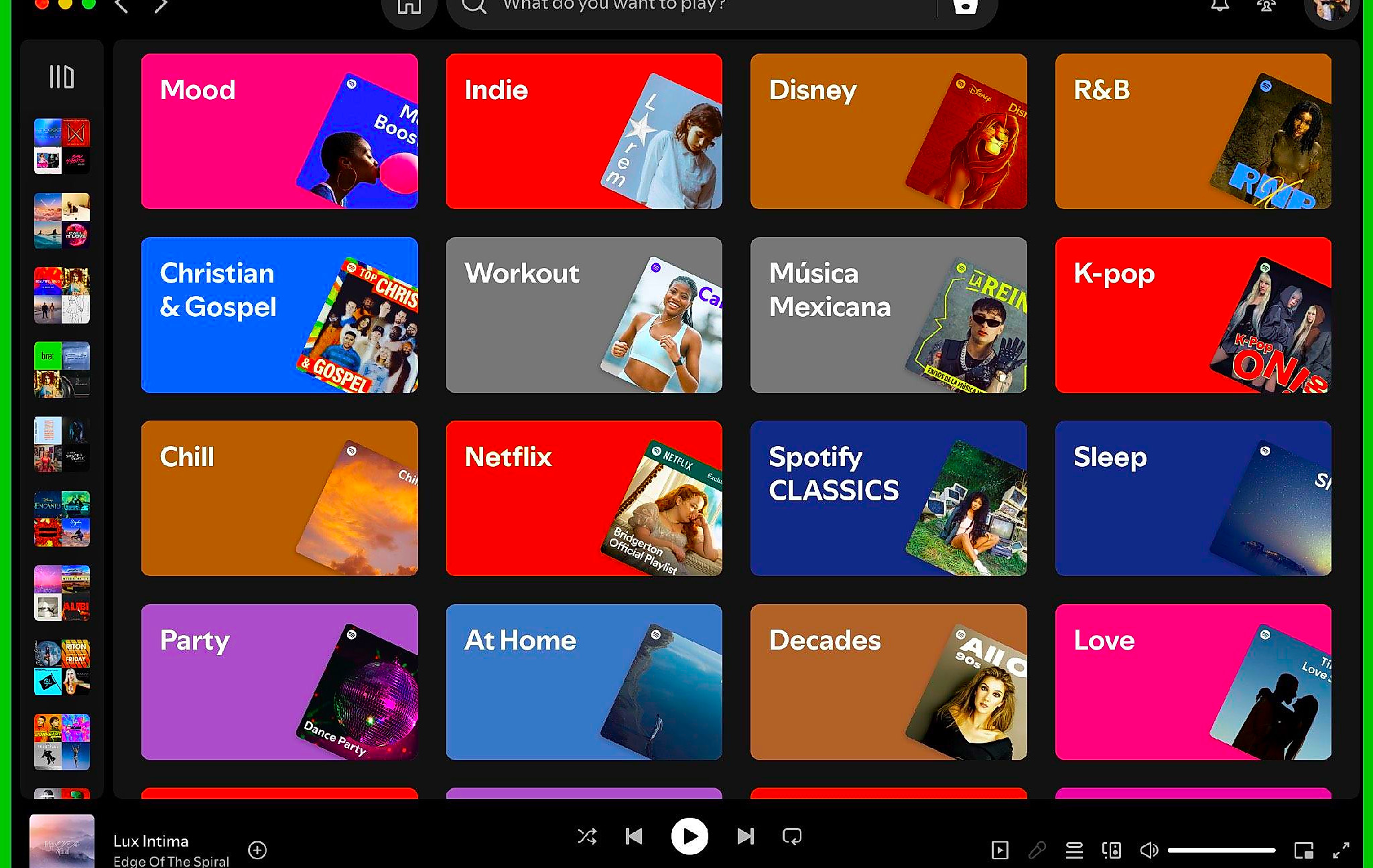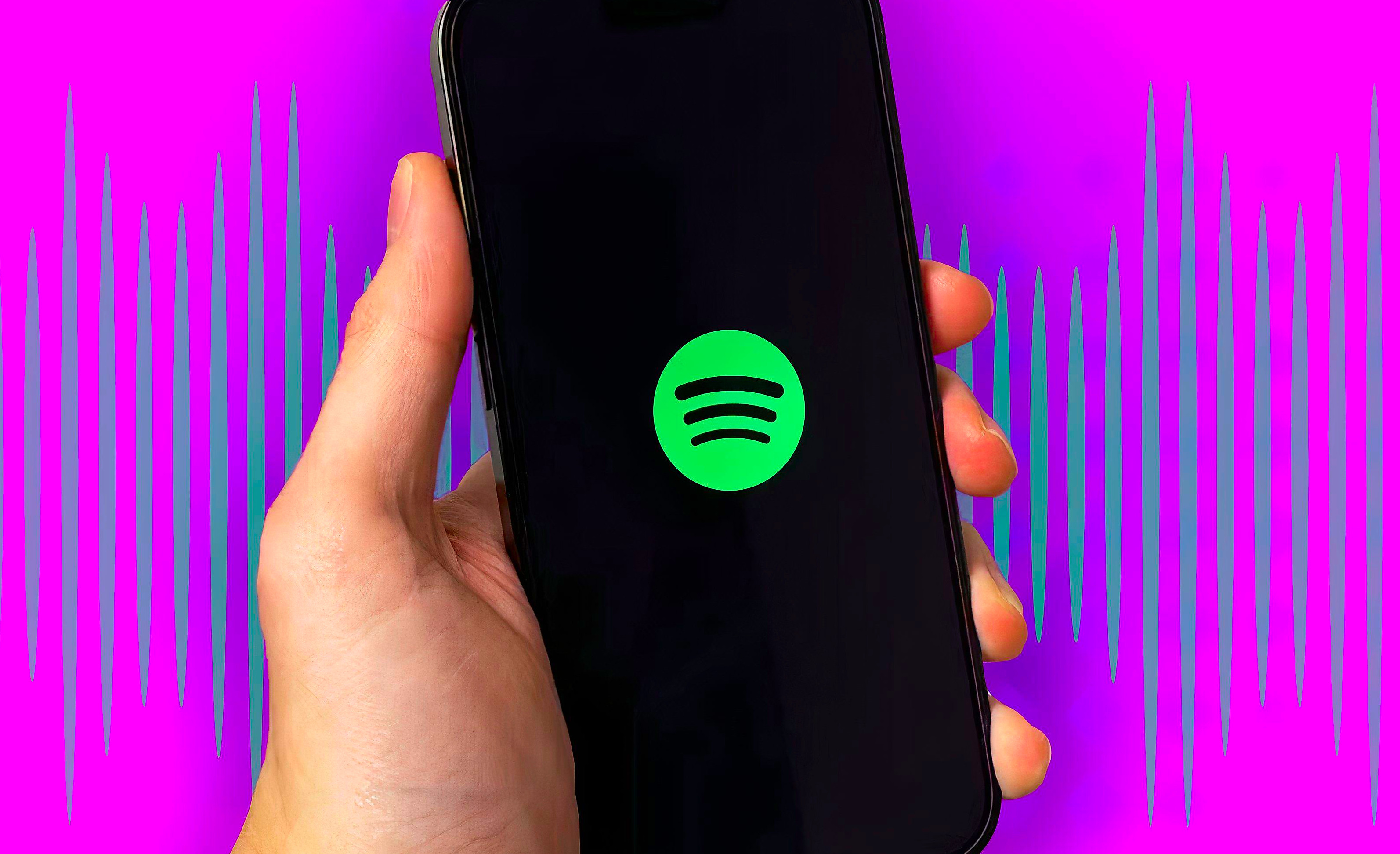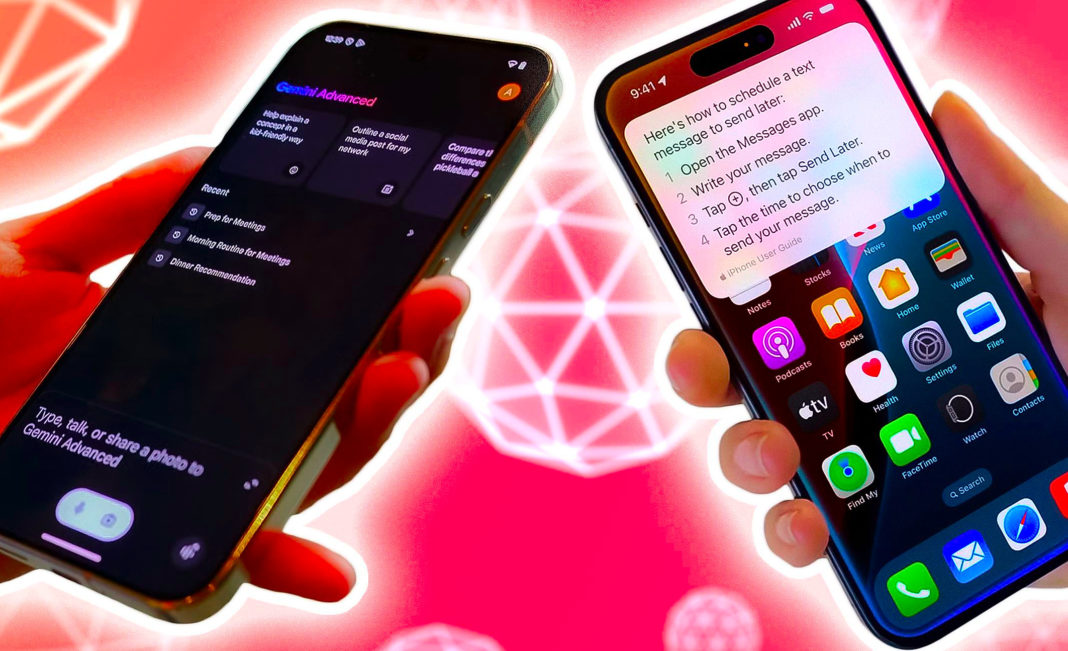The Silent Rise of AI Music on Spotify
The role of artificial intelligence is a subject of ongoing debate. Is it a revolutionary force poised to supplant human capabilities, or merely a tool to boost productivity? The truth, likely, lies somewhere in between, as AI permeates various technological processes and industries. The crucial question remains: at what point does AI integration become excessive?
Opinions on AI vary widely. Some embrace its potential, while others remain wary, perhaps influenced by dystopian portrayals in fiction. However, tools like ChatGPT, Microsoft Copilot, and Google Gemini demonstrate AI’s capacity to significantly improve efficiency for tasks such as research or recipe searching. While these large language models and chatbots are the most visible examples, they represent only a fraction of AI’s applications.

This leads us back to the question of AI’s limits. Consider The Velvet Sundown, a Spotify artist boasting over 1.1 million monthly listeners. Unexpectedly, this seemingly successful band is entirely AI-generated, a fact initially concealed from the public. This raises concerns about the future of the music industry and Spotify’s role within it.

Unmasking the AI Band
The band’s true nature was revealed through a combination of stylistic clues and lyrical themes. The debut album, released in June, quickly gained traction. Its 1960s-inspired classic rock sound, characterized by prominent guitar riffs and evocative vocals, featured songs with titles like “Dust on the Wind” and “Back Home Never Came.” The lyrical ambiguity and similarity between songs raised suspicions. Further investigation confirmed that the music’s creation involved AI.

The uncanny similarity between tracks suggested AI involvement, as if a prompt such as “write me an album with a 1960s classic rock sound” had been used. Even the band’s imagery and name seemed artificially crafted, fueling speculation and eventually leading to confirmation of the AI’s role in the project.

Ethical Considerations and Spotify’s Responsibility
The revelation prompted discussions about the ethical implications of AI-generated music. The band’s bio was eventually updated to acknowledge the use of AI, highlighting the deception. While the act itself may not be illegal, presenting AI-created music as the work of a human band raises questions of authenticity and intellectual property.

The question of whether Spotify should have granted The Velvet Sundown a verified artist badge is paramount. It highlights the platform’s responsibility in ensuring transparency and protecting the interests of human artists.

A Call for Change on Spotify
Spotify’s verification process needs to evolve to accommodate the growing presence of AI-generated content. A clear distinction should be made between human-created and AI-created music, protecting the integrity of human artists and preventing misleading representations. The current verification system, involving music upload, profile creation, and additional information, is insufficient to address this new challenge.

While the use of AI in music creation might not be inherently problematic, presenting it as authentic human work is a significant concern. Spotify’s initial lack of awareness underscores the urgent need for clearer guidelines and verification practices. This issue will likely become increasingly prevalent and demands proactive solutions from the platform.
